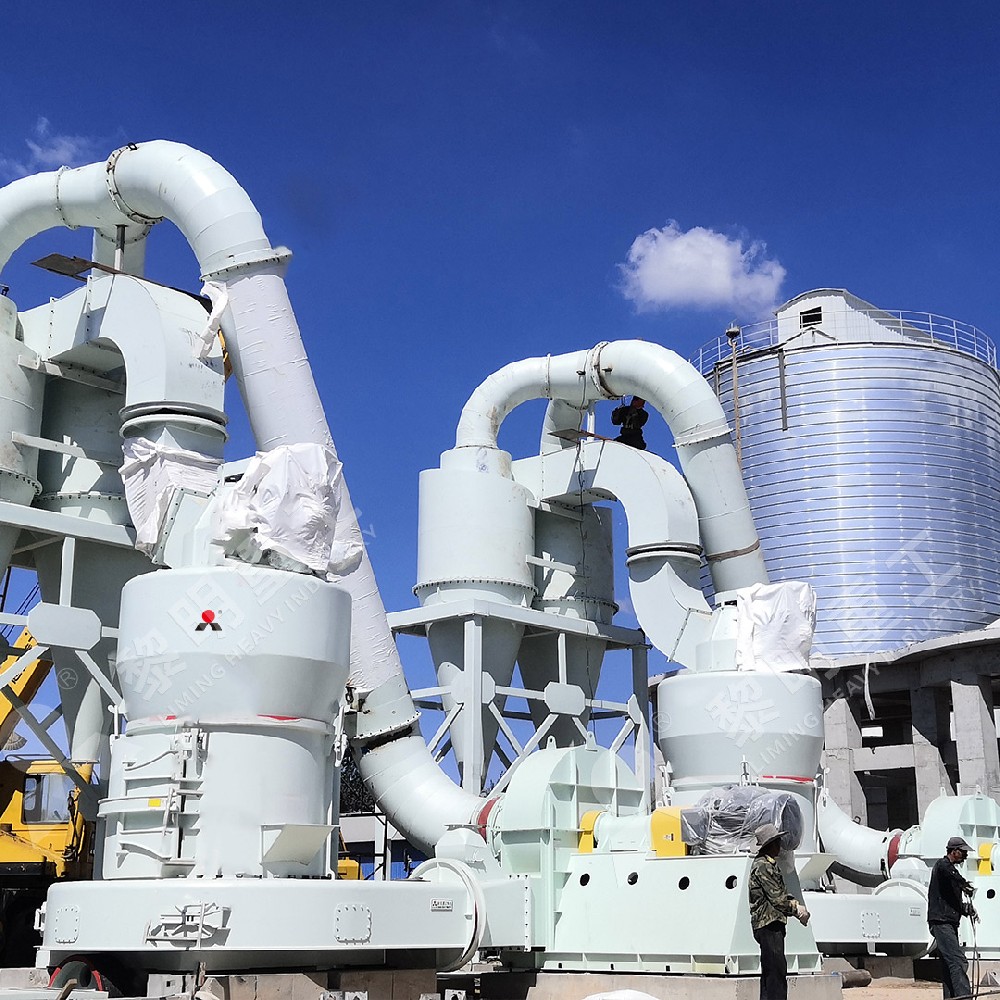Limestone Raymond Mill: The Ultimate Guide to Efficient Powder Processing
In the world of industrial mineral processing, the Limestone Raymond Mill stands as a timeless and indispensable tool for transforming raw limestone into fine, high-quality powder. Also known as a Raymond roller mill, this grinding equipment has been the backbone of powder production for decades, consistently evolving to meet the demands of modern industries. Its ability to efficiently produce powders within the 80 to 400-mesh range makes it a perfect solution for a wide array of applications, from construction materials to chemical manufacturing.

Why Choose a Raymond Mill for Limestone?
Limestone, a relatively soft and brittle material, is ideally suited for grinding with a Raymond mill. The mill's working principle is both elegant and effective. The process begins when bulk limestone is crushed by a jaw crusher and elevated into a hopper. From there, it is uniformly fed into the grinding chamber of the Raymond mill. Inside, the material is scooped up by rotating grinding rollers and crushed against a stationary grinding ring. The resulting powder is then carried by an air stream to a classifier.
The high-precision classifier is the heart of the system, ensuring precise particle size control. Oversized particles are rejected and returned for regrinding, while fine powder that meets the specification passes through and is collected by a cyclone collector or a baghouse dust collector as the final product. This closed-circuit system ensures high efficiency, low energy consumption, and minimal waste.
Key Advantages of Modern Limestone Raymond Mills
Exceptional Efficiency and Low Energy Consumption: Modern Raymond mills are engineered for optimal grinding performance with lower power consumption per ton of output compared to many other grinding systems. Their centralized control and automatic feeding systems further enhance operational efficiency.
Excellent Fineness and Precision Control: With advanced impeller classifiers, these mills offer exceptional control over the final product's fineness. The powder size can be easily adjusted between 80 to 400 mesh (180 to 37 microns) to meet specific customer requirements without the need to stop the machine.
Strong Reliability and Durability: The core grinding components, such as the grinding rollers and rings, are made from high-quality, wear-resistant alloy steel. This significantly extends their service life, even when processing abrasive materials like limestone, reducing maintenance frequency and downtime.
Environmental Friendliness: The entire grinding system operates under negative pressure, effectively preventing dust leakage. When equipped with a pulse bag filter, the dust collection efficiency can exceed 99.9%, ensuring a clean workshop and full compliance with environmental protection standards.
User-Friendly Operation and Automation: Modern Raymond mills feature intelligent electrical control systems that allow for easy starting, stopping, and adjustment. Remote monitoring capabilities are often available, reducing labor intensity and the potential for operational errors.
Wide-Ranging Industrial Applications
The fine limestone powder produced by a Raymond mill is a critical raw material in numerous industries:
Construction Industry: The primary use is in the production of asphalt and concrete, where it acts as a filler to enhance volume and stability.
Building Materials Manufacturing: It is a key ingredient in wall putty, drywall, and coatings, providing whiteness, smoothness, and cohesion.
Environmental Protection: Limestone powder is extensively used in flue gas desulfurization (FGD) in power plants, where it reacts with sulfur dioxide to reduce air pollution.
Chemical and Metallurgical Industries: It serves as a flux in steel smelting and a raw material for producing other calcium-based chemicals.
Agriculture: Used as a soil conditioner to neutralize acidic soils and provide calcium, an essential nutrient for plants.
Selecting the Right Raymond Mill Supplier
When investing in a limestone Raymond mill, choosing a reliable manufacturer is crucial. Key factors to consider include the manufacturer's reputation, the quality of the grinding components, the availability of after-sales service and technical support, and the ability to provide a customized solution tailored to your specific production capacity and fineness requirements. A well-designed system from a trusted supplier is a long-term investment that will pay dividends in consistent product quality and operational reliability.
In conclusion, the Limestone Raymond Mill remains a highly efficient, cost-effective, and versatile solution for producing high-quality limestone powder. Its proven technology, combined with modern improvements in automation and environmental control, makes it an unbeatable choice for businesses looking to enhance their powder processing capabilities and gain a competitive edge in the market.





